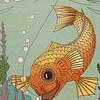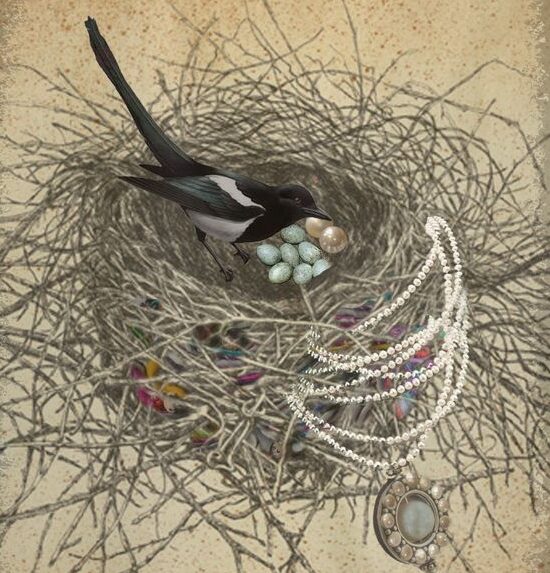When I see this card I get the strong sense that a decision to leave a situation has been a long time coming. The seeker has tried to make it work. She’s tried to figure it out, usually working alone to make a relationship or partnership harmonious and productive, but something is just not letting the square peg fit in the circle. It’s sad, but it’s been such a long time coming, that the seeker is ready to move on. No regrets. The seeker knows this hasn’t been working and now wants to and does move on to something that better supports her.
Up:
This cards shows that the seeker is taking the emotion out of a situation and is able to see it for what it is. She can ask herself, “Is this for my greatest good?” “Is this situation supporting me?” and be objective in answering those questions. What makes this not an epiphany is that it’s been slowly losing passion for a while. There’s a feeling of loneliness here, but not the kind that is devastating. The kind that just takes over enough to be swayed by another person or project when they cross the path as a catalyst to let this situation go.
Reversed:
Pretty much, this cards means the exact opposite when reversed. Can be someone else in the seeker’s life, but usually the seeker—who is settling. She’s not super happy, but is going through the motions anyway. It’s about being phobic of real intimacy. The seeker is staying in a relationship or partnership that does not require intimacy, which ultimately does not render happiness, because they can’t move past their own feelings of worth.
Sometimes this person will go back on good decisions to leave (when the card was upright) because they can’t seem to move on. If this is paired with the Devil card, it can mean a hard time trying to kick an addictive relationship. Co-dependence: waiting for what the seeker wants the other party to do for them, but the other party just doesn’t play that way. It’s getting the idea that some day things will work out, but that day never comes. The seeker stays and waits anyway thinking there’s hope for the partner to follow through or change, but the partner does not (and possibly, due to dynamics, can’t).
The seeker doesn’t act on what he or she truly wants and may seem fickle. “I want it to be like this today, but not tomorrow.” Mood-based. And really moody! You never know if they’re going to have your back or not.




